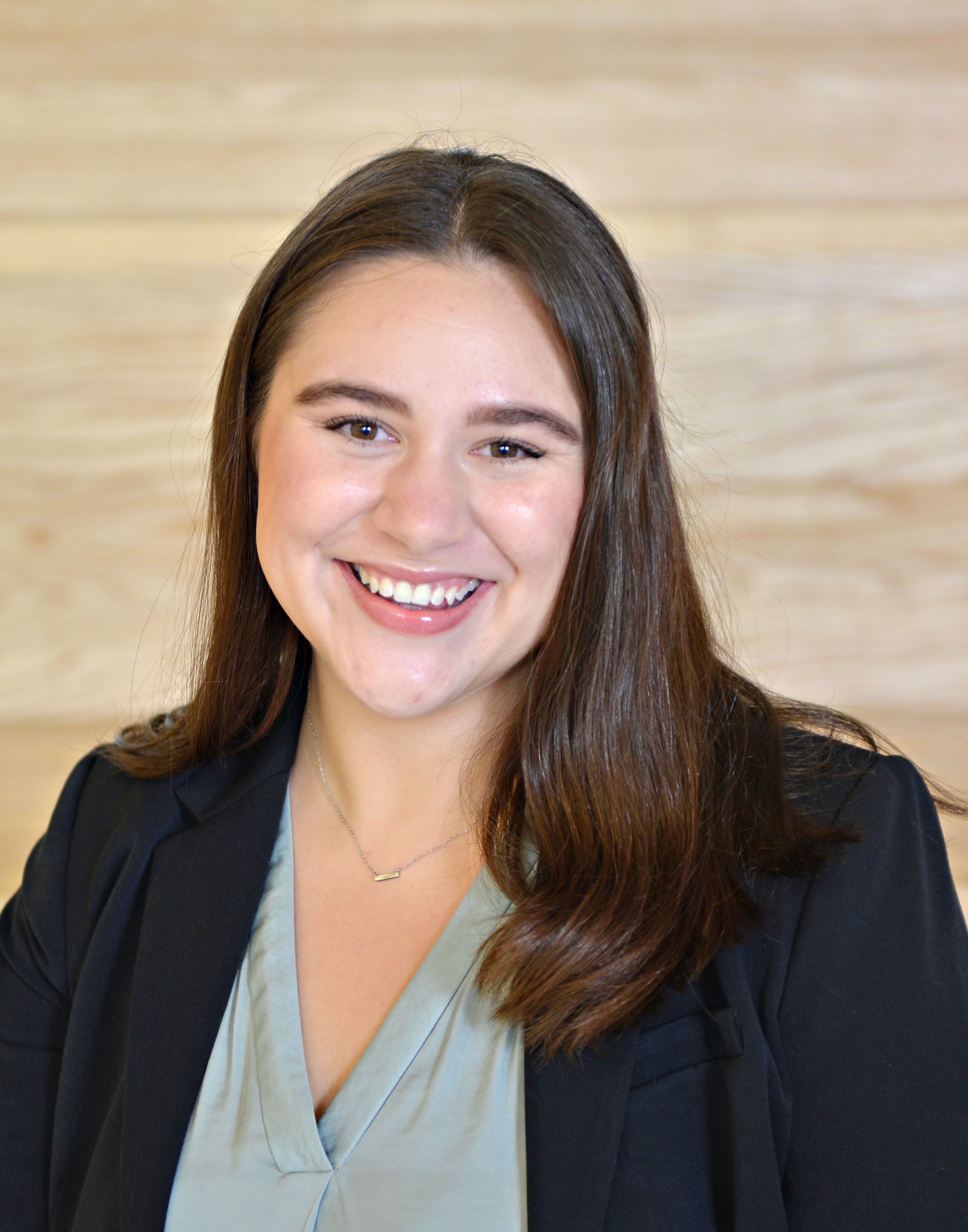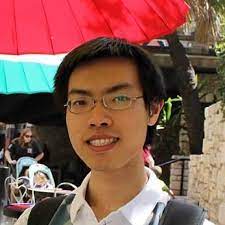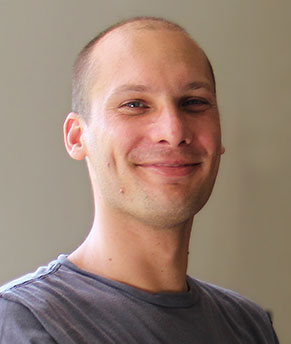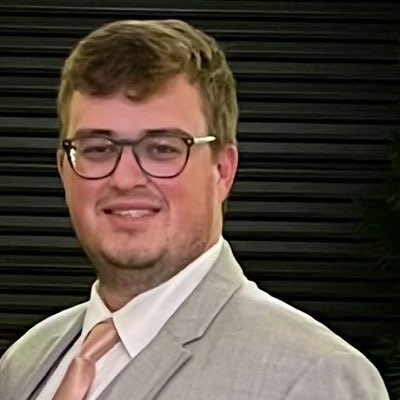DMS Graduate Student Seminar
Dec 03, 2025 03:00 PM
354 Parker Hall
Speaker: Dr. Yan Li (Auburn University)
Title: From Simple Linear Regression to Complex Climate Detection
Abstract: Linear regression is one of the first statistical tools we learn, yet it plays a central role in detecting and attributing climate change. A common strategy models the observed climate pattern as a linear combination of several model-simulated responses plus a term capturing natural variability. Although this setup appears simple, real climate data violate many classical regression assumptions: predictors are noisy ensemble means, signals are highly correlated, and the error structure is high-dimensional and difficult to estimate. These challenges turn a familiar model into a demanding statistical problem that draws on ideas from errors-in-variables regression, shrinkage, regularization, and high-dimensional inference. This talk introduces the climate model from first principles and illustrates how a basic regression setup leads to deep methodological questions and opportunities for further development.
DMS Graduate Student Seminar
Nov 19, 2025 03:00 PM
354 Parker Hall
Speaker: Dr. Minjae Park (Auburn University)
Title: Random Fractal Geometries
Abstract: Fractal objects appear ubiquitously in nature---across physics, geology, chemistry, biology, and beyond---and are often intertwined with randomness. In the first part of this talk, I will present examples of classical fractal curves and more intricate fractal geometries that arise in mathematics and the natural sciences. Many of these phenomena remain only partially understood from a rigorous mathematical standpoint.
In the second part, I will discuss a celebrated result of Lawler, Schramm, and Werner, who proved that the fractal dimension of the Brownian frontier (the outer boundary of planar Brownian motion) is 4/3, originally conjectured by Mandelbrot. I will outline the main ideas behind their proof, assuming undergraduate-level knowledge of complex analysis and probability.
DMS Graduate Student Seminar
Nov 12, 2025 03:00 PM
354 Parker Hall
Speaker: Devin Hensley (Auburn University)
Title: Unmapped Territory for Topological Data Analysis: Mathematics Education
Abstract: Research in Undergraduate Mathematics Education (RUME) has been around for decades and is a diverse field within the discipline-based education research (DBER). In this talk, I will discuss the evolution of RUME and its relation to the DBER community. I will describe my work, utilizing tools from algebraic topology, to model and analyze students' reasoning. This perspective treats mathematics as the framework for inquiry, giving a new way to represent and understand educational data.
DMS Graduate Student Seminar
Nov 05, 2025 03:00 PM
354 Parker Hall
Speaker: Prof. Evdokiya (Eva) Kostadinova (Physics Department, Auburn University)
Title: Fractional Laplacian Spectral Approach (FLS) to Anomalous Diffusion in Complex Systems
Abstract: Fractional-power operators have received much attention due to their wide application in modeling anomalous diffusion. Anomalous diffusion is a microscopic process that leads to non-linear mean squared displacements and non-Gaussian distributions caused by non-local interactions, correlations, memory effects, and/or stochasticity in complex systems. Here we explore the combination of spectral theory and fractional calculus to analyze anomalous diffusion in complex systems. In this method, processes driving anomalous diffusion are represented by a Hamiltonian operator with a fractional Laplacian kinetic energy term and a random disorder potential energy term. The spectrum of possible energy states for the system operator is studied in an infinitely-dimensional Hilbert space. Specifically, the identification of a continuous spectrum is interpreted as transport, energy mixing, or onset of turbulence in the system at hand. The main advantage of the spectral method is the ability to map a non-linear problem in phase space to a linear problem in Hilbert space, thus utilizing linear algebra and avoiding the need to assume boundary conditions.
Work supported by NSF-PHY-2308742, NSF-PHY-2308743, NSF-PHY-2440328, EPSCoRFTPP OIA-2148653, DE-SC0023061, DE-SC0024547, DE-SC0024681, DE-SC0021185, DE-SC-0019176, DE-FG02-05ER54809, and DE-FC02-04ER54698.
DMS Graduate Student Seminar
Oct 29, 2025 03:00 PM
354 Parker Hall
Speaker: Dr. Xiaolong Li (Auburn University)
Title: What Is Differential Geometry? From Curves and Surfaces to Modern Geometry
Abstract: Differential geometry is an important area of mathematics that combines ideas from calculus, linear algebra, and topology to study curved spaces. Starting from the geometry of curves and surfaces, I will introduce basic notions such as curvature, geodesics, and metrics, and explain how these ideas extend to general manifolds. I will also discuss the relation between curvature and topology, for example, through the Gauss–Bonnet theorem. In the second part, I will give a short introduction to geometric analysis, which uses partial differential equations to understand geometric and topological properties of spaces. Examples include mean curvature flow and the Ricci flow.
DMS Graduate Student Seminar
Oct 22, 2025 03:00 PM
354 Parker Hall
Speaker: Professor Stu Baldwin (Auburn University)
Title: The Mandelbrot Set and Julia Sets
DMS Graduate Student Seminar
Oct 15, 2025 03:00 PM
354 Parker Hall
Speaker: Dr. Yimin Zhong
Title: Learn PDE from its solution
Abstract: In this talk, I will discuss our motivation and address a few basic questions about learning the PDE from observed solution data, as well as how I considered these questions in the project. The talk will take a few types of PDEs as examples to show 1) how the approximate dimension (richness) of the data space spanned by all snapshots along a solution trajectory depends on the differential operator and initial data, and 2) identifiability of a differential operator from solution data on local patches. Then I will discuss the consistent and sparse local regression method (CaSLR) for general PDE identification. The process is data-driven and requires minimal local measurements in space and time from a single solution trajectory, enforcing global consistency and sparsity.
DMS Graduate Student Seminar
Oct 08, 2025 03:00 PM
354 Parker Hall
Speaker: Dr. Hans-Werner van Wyk (Auburn University)
Title: Statistical Sampling for Uncertainties in Partial Differential Equations
Abstract: Statistical sampling is the process of selecting a subset from a population with the aim of estimating population-level properties. For uncertain natural or engineered systems governed by partial differential equations, sampling presents a computational bottleneck, since the per-sample cost is high. We discuss several strategies for enhancing the sampling efficiency for both the prediction and control of these systems.
DMS Graduate Student Seminar
Oct 01, 2025 03:00 PM
354 Parker Hall
Speaker: Dr. Jordan Eckert (Auburn University)
Title: Prototype Selection Using Topological Data Analysis
Abstract: Prototype selection has become a large area of current research in statistical learning. We introduce a novel topological data analysis (TDA)-based framework for selecting representative prototypes from large datasets. We show that this approach preserves classification performance while substantially reducing data size. Such methods are crucial in resource-constrained environments where memory and computation are limited. Together, these contributions advance both algorithmic and geometric aspects of prototype learning and offer practical tools for scalable, interpretable, and potentially efficient classification.
DMS Graduate Student Seminar
Sep 24, 2025 03:00 PM
354 Parker Hall
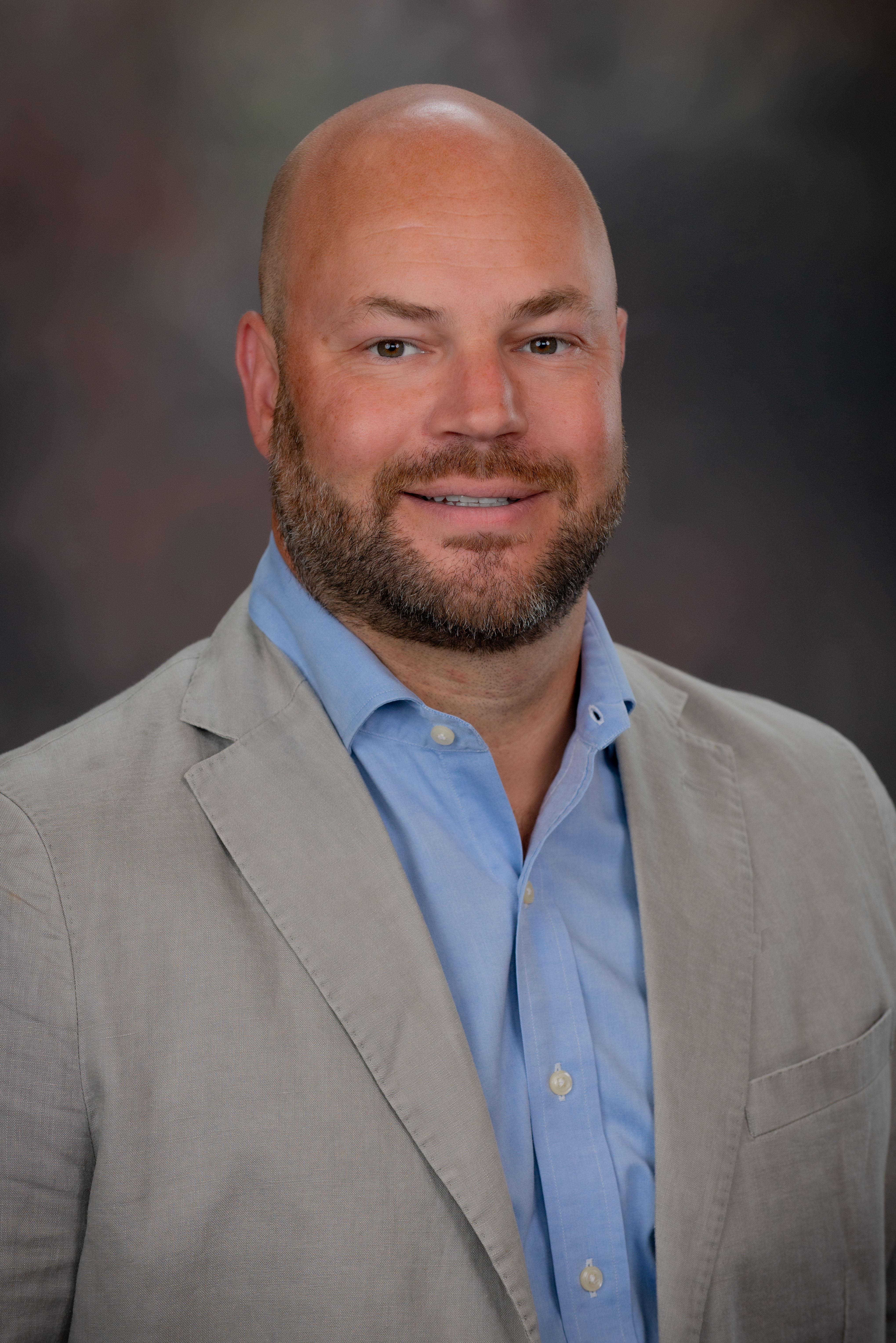
Speaker: Dr. Luke Oeding (Auburn University)
Title: Invariant Theory in Quantum Information
Abstract: Entanglement is a resource that is crucial for the so-called quantum advantage promised by quantum computing. How can algebra help us to understand quantum entanglement? I’ll explain our recent work that combines algebra and optimization to find new instances of maximally entangled states.
This is based on joint work with my recent PhD student, Ian Tan, who’s now working as a Postdoc at Charles University in Prague.
More Events...


